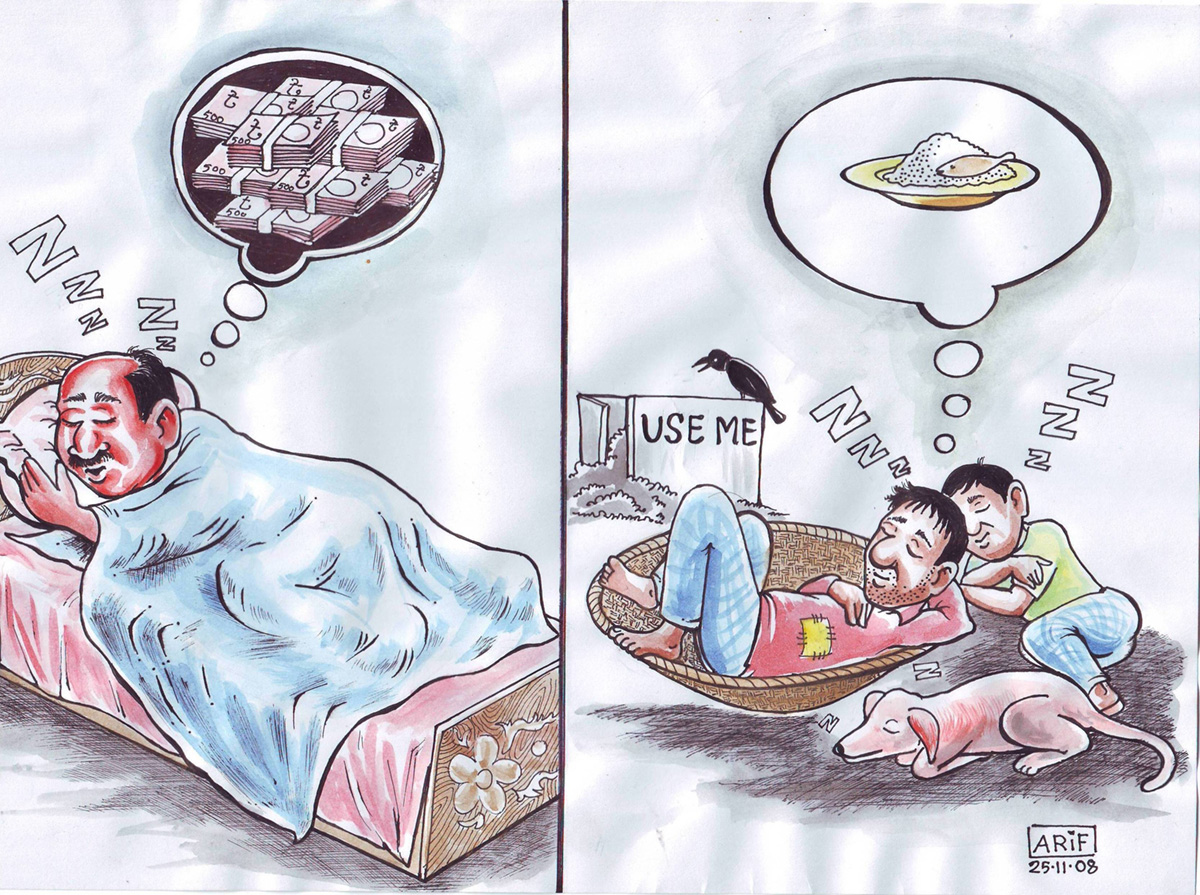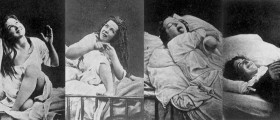
Dreams are a body function just like any other. There are two types of people who study dreams: dream analysts and dream experts. The dream analyst tends to interpret dreams, while the dream experts want to get to the bottom of what causes dreams. Dream analyst, Craig Webb, adds that before we can possibly determine the cause of dreams, we must understand what they are. He further explains that we tend to understand dreams as nonphysical, altered experiences that we remember after we awake.
But the best we've got so far are theories with no solid proof of what causes dreams. One theory is the Freudian way of seeing things: that dreams are the result and manifestation of our subconscious thought, as desires. Another one is that dreams are mere "neuron noise" with no meaning whatsoever. And yet another is the assumption that dreams are a not-so-random mishmash of bits and pieces of memory that consequentially paint a bigger, consistent and meaningful picture of a sort.
Finally, nobody's ever come up with any solid proof of what dreams really are, and we are thus, as previously noted, left with mere assumptions.
The remainder of this text carries on along the way of the last noted assumption (the one about bits and pieces hanging consistently together to form a greater picture).
Causes
It's curious how we are always interested in shedding light on what is clearly labeled as forbidden fruit. What we mean by this, is that we further assume that dreams and the subconscious manifestations of things we rather not deal with or, worse off could not possibly be able to handle in a conscious state. To follow is a list of possible causes to dreams:
Freud
...is one that's enjoyed the most popularity: there is a reaction that happens when a combination of our daily activities and our wishes is provided, and dreams are the resulting manifestations. Freud further explained that nothing could be invented or made up in dreams, because they are pure instincts and also based on our life experiences.
This greatly supported by Freud's concept of the layers to each person's identity (the id, the ego, the super-ego). The id is the representation of pure whim. It is said that a newborn is a bundle of ids because it is still unable to reason. The id is completely loyal to the basic instincts and the purest of whim. Opposite to the id stands the super ego which starts its development at the age of 5, and is a representation of society-conscious behavior, rules, regulations and ambitions. It is one of the results of our parents' teachings. Now, with such stark contrast one must have a balancing factor, and that is, according to Freud, the ego. The ego is how we function when we are stable, self-conscious individuals. Its job is to tune down the whims and instincts of the id, and loosen the belt a bit on the super ego.
Id is, until then suppressed, so hurricanes of emotions and whim spring loose whilst the constraints of the super ego attempt to keep things polite and under control – resulting in dreams.
Others
Carl Jung, on the other hand, believed otherwise: dreams are not only a part of one person's wishes and experiences, but also a part of the collective conscious, thus cannot be interpreted strictly from such a personal angle. He claims that the proof of common elements reoccurs in different people's dreams.

















Your thoughts on this
Loading...